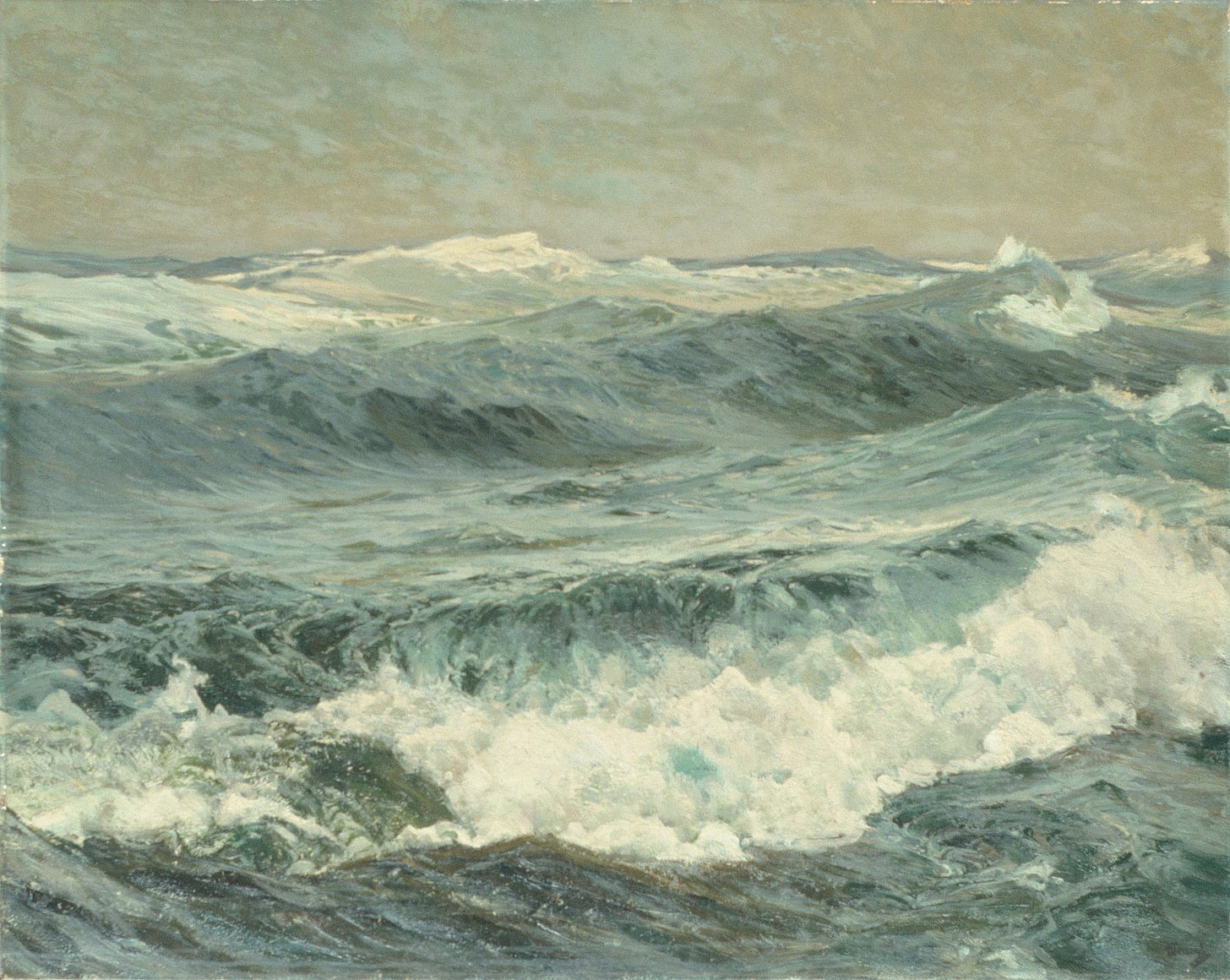For the past few years, my writing has explored themes of identity, belonging, and perception. In my debut book Drifts, I traced the contours of autistic perception and the ways that geography shapes the self. In my second book, The Way Out, I probed the liminal spaces between home and displacement.
But beneath these personal explorations, I’ve always been tracing a deeper story, one about power, myth, and the forces that shape our world. My background is in political science, which I studied as an undergraduate and expanded on in my graduate research, examining the intersection of politics, culture, and art.
As an American, I am interested in American politics. I have spent decades studying the West’s structures of power, the ideological frameworks that shape our societies, and the deeper cultural forces that lie beneath the surface of political realignments. Yet, for a long time, my public writing remained at a slight remove from this - an omission that has increasingly felt like a dissonance.
We are living through what could be one of the most significant realignments in modern history. Across the West, political and cultural fault lines are shifting in ways that defy the old paradigms. Consensus reality is fragmenting. It seems a new order is emerging, though for now the path forward remains uncertain.
That is where The Undercurrent comes in.
Realignments are never just about policy shifts or electoral outcomes, they are upheavals in the foundational myths that societies tell themselves. Every society is built on these myths. These are not lies, nor are they mere stories; they are the deep structures that organize meaning.
For most of history, these myths were explicitly religious. They gave people a shared moral order, a common symbolic language. Even in the modern era, the secular liberal order retained a quasi-religious structure: belief in progress, the idea that history had a direction.
But we are in a post-consensus era. The old myths are losing their grip, and nothing has fully replaced them. The realignment unfolding today is, at its core, a struggle over meaning. What will come next and what will it mean?
What The Undercurrent Will Explore
My focus here will not be on day-to-day political news. My interest lies in what roils beneath, like:
The mythic structures shaping politics. Why do certain narratives take hold? What symbolic power do leaders, movements, and ideologies tap into?
The cultural and historical forces driving realignment. What are the long cycles that dictate these shifts? What deeper patterns can we recognize?
The role of perception and the outsider’s view. I write with an expatriate’s perspective, simultaneously immersed in and removed from the dominant Western narratives.
Literature as a way of communing with writers whose work touches the mythic, the exiled, the ecstatic, and the unseen.
The shift to The Undercurrent is, for me, a return to the core of what I have always been drawn to: the unseen structures shaping the world. My previous work examined this through the lens of personal identity - and I’m sure on occasion those reflections will continue. This space isn’t about locking into one topic, but about tracing the deeper impulses that animate all of my work, whether it’s political, mystical, or both at once.
If this resonates with you, I invite you to subscribe.
We are moving through uncharted waters. Let’s trace the currents together.




